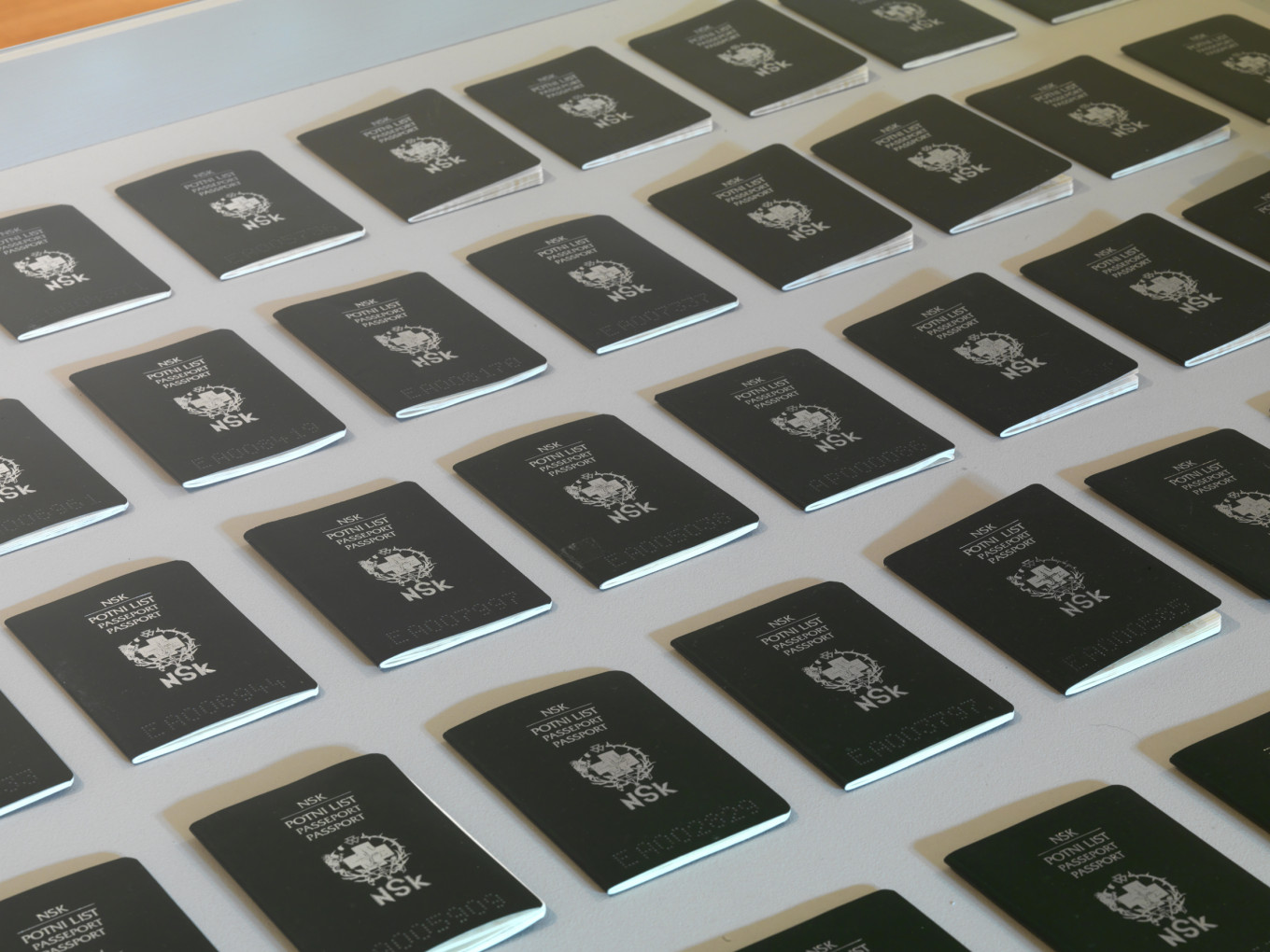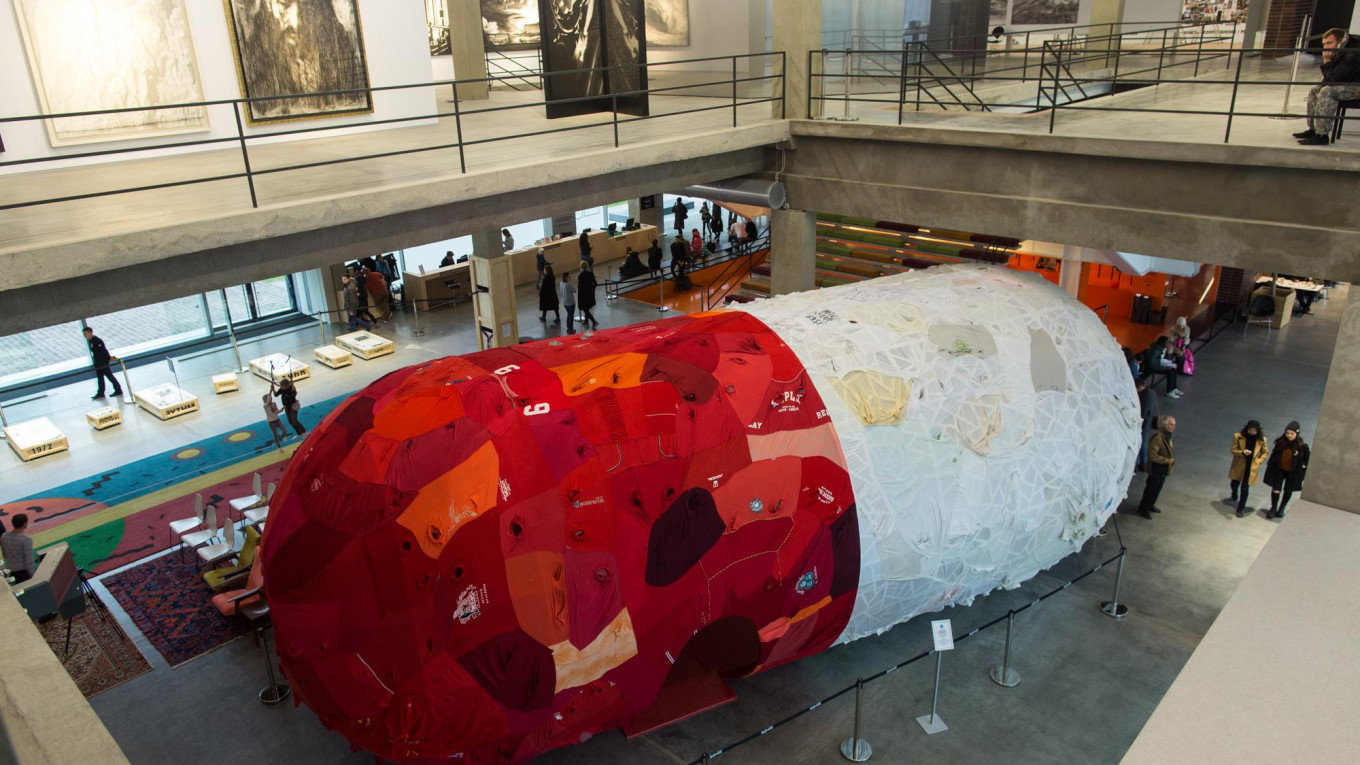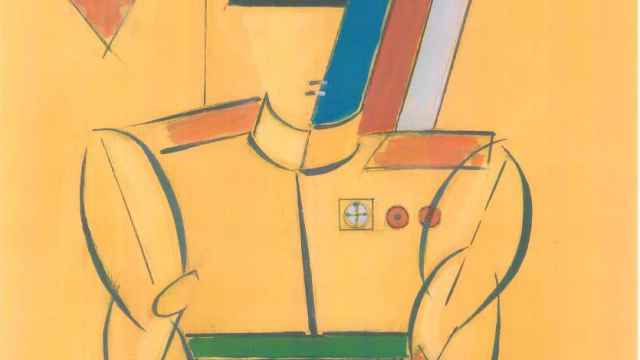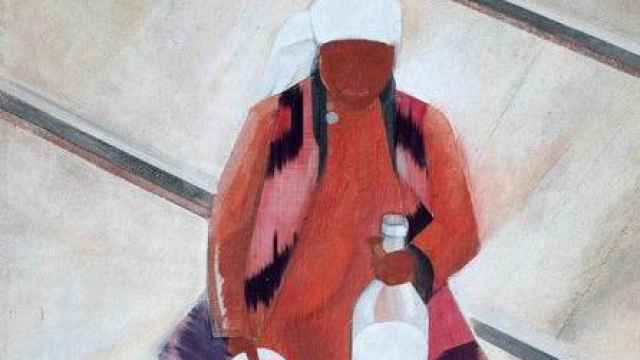Two exhibitions and two commissioned projects opened simultaneously at Garage Museum this autumn. Spanning different artists of different nationalities, mediums and art movements, the season is united by a dialogue concerning the modern world and our role within it.
“The autumn season looks at how artists from diverse geographic locations respond to and comment on the social and political complexities of their times,” said Kate Fowle, chief curator at Garage, in an interview with The Moscow Times. “Together the projects offer us personal perspectives — as opposed to rehearsed or mediatized answers — and the opportunity for dialogue and speculation in response to the visual stimulus they give us.”
The first major exhibition, “Proof,” is a group project by three artists from three different countries and generations: Francisco Goya (1746-1828), Sergei Eisenstein (1898-1948) and the contemporary American artist Robert Longo. One of the most popular artists of the 1980s, Longo is also known for directing a cult cyberpunk film “Johnny Mnemonic.”
The current exhibition was inspired by Longo’s long-term fascination with Goya and Eisenstein and includes 43 of Eisenstein’s sketches from the Russian State Archive of Literature and Art, seven of his films and 49 of Goya’s etchings on loan from the State Museum of Contemporary Russian History.
Longo, who curated the project alongside Fowles, has also offered 35 works from the past five years on subjects ranging from the film “Transformers” to gun violence. When you look at Longo’s art from a distance you might think they are photographs, but they are actually very detailed drawings. “Longo once described the purpose of making art as ‘an attempt to try to understand our own contemporary situation through making images that are completely personal, while also addressing our social context,’” said Fowle.
The second exhibition, “NSK: from Kapital to Capital” is devoted to the New Slovenian art or NSK (Neue Slowenische Kunst). Covering key events from 1980 to 1992 including concerts, shows, theatrical productions, performances, public proclamations and guerrilla actions by the four core groups that comprised NSK. The self-organized alliance developed their own artistic response to the social and political turmoil that preceded the collapse of Yugoslavia.

Perhaps the most visually striking of the current projects is Beijing-based Yin Xiuzhen’s enormous site-specific installation “Slow Release,” situated in the museum’s atrium. One of the largest structures the artist has ever made, “Slow Release” is an imposing medicine capsule made of clothing donated by Muscovites last summer. Visitors can enter the 12-meter structure , which was inspired by a new generation of pills that slow the medicine’s absorption by the body while increasing its effect, and walk around inside. “It’s an antidote to the homogenization of globalization and our increasing desires to get a quick fix for the stresses of daily life,” said Fowle.
A second commissioned project is located on the Garage rooftop and can only be viewed from the square in front of the museum. The yellow neon sign was created by Moscow-based conceptualist Boris Matrosov. The sign bears the Russian for “No, she couldn’t have known how it would all…” It’s a humorous nod to what Fowle terms, “the intensity of our current climate,” both politically and socially.
The new shows and commissions at Garage, says Fowle, “are testimony to the fact that artists not only make history through their need to communicate their experiences and perspectives on the worlds in which they live, but also remind us that we are all part of forming the histories of the future.”
A Message from The Moscow Times:
Dear readers,
We are facing unprecedented challenges. Russia's Prosecutor General's Office has designated The Moscow Times as an "undesirable" organization, criminalizing our work and putting our staff at risk of prosecution. This follows our earlier unjust labeling as a "foreign agent."
These actions are direct attempts to silence independent journalism in Russia. The authorities claim our work "discredits the decisions of the Russian leadership." We see things differently: we strive to provide accurate, unbiased reporting on Russia.
We, the journalists of The Moscow Times, refuse to be silenced. But to continue our work, we need your help.
Your support, no matter how small, makes a world of difference. If you can, please support us monthly starting from just $2. It's quick to set up, and every contribution makes a significant impact.
By supporting The Moscow Times, you're defending open, independent journalism in the face of repression. Thank you for standing with us.
Remind me later.






